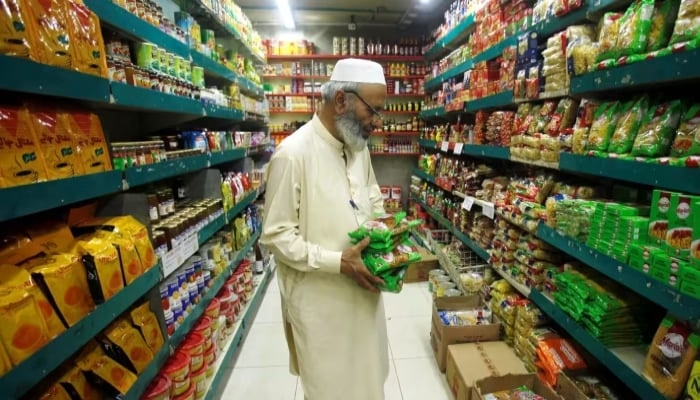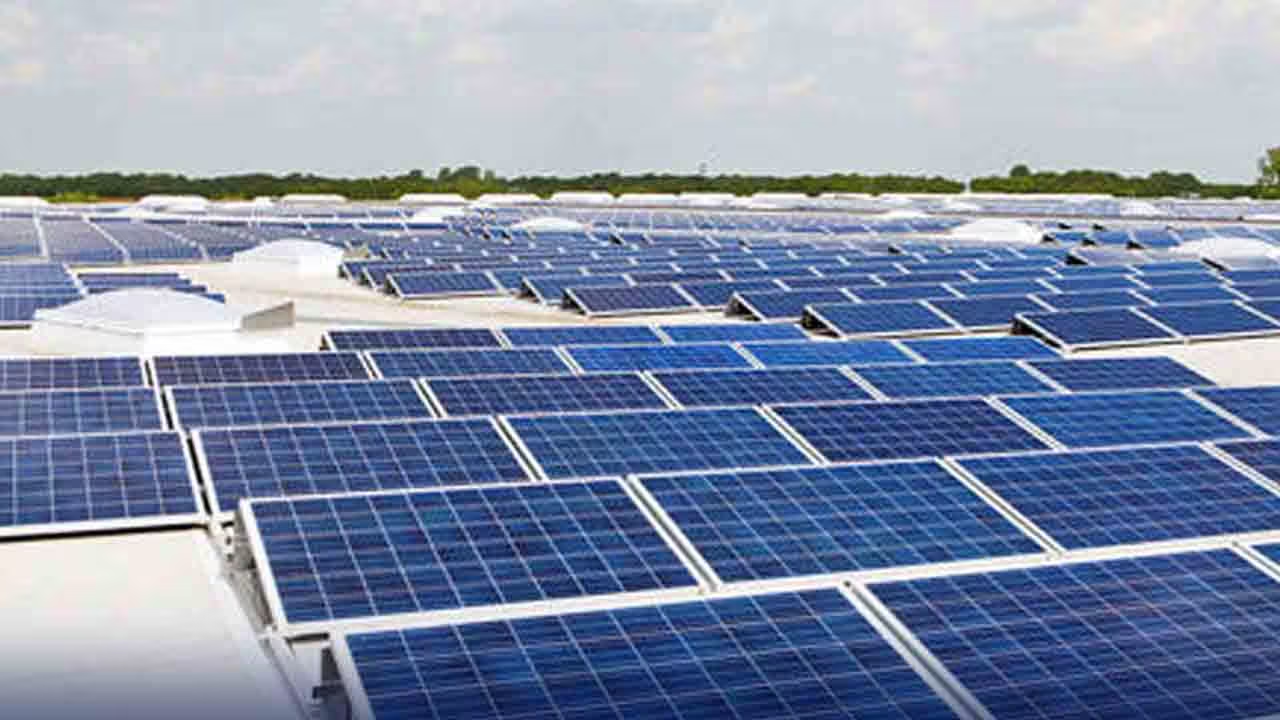Pakistan’s inflation rate eased significantly in November 2024, falling to 4.9% year-on-year, marking its lowest level in six-and-a-half years. This decline comes as a positive surprise, surpassing official forecasts. In October 2024, the inflation rate had been at 7.2%. According to the data released by the Pakistan Bureau of Statistics (PBS), on a month-on-month basis, the Consumer Price Index (CPI)-based inflation rose by just 0.5% in November, a notable reduction compared to the 1.2% increase seen in October and a 2.7% rise in November 2023.
The average inflation rate for the first five months of fiscal year 2025 stands at 7.88%, a substantial decrease from 28.62% during the same period in fiscal year 2024. This marks the lowest inflation figure in 78 months, dating back to April 2018.
The November inflation data also came in well below the official forecasts, which had projected a slight reduction to between 5.8% and 6.8%. Officials had anticipated further declines, with inflation expected to drop to 5.6%-6.5% by December 2024. The actual figure of 4.9% suggests a significant cooling of price pressures in the economy, as the central bank’s monetary policies appear to be effective.
The reduction in inflation has been attributed to a combination of factors, including subdued demand and improved food supply conditions. The State Bank of Pakistan (SBP) recently reduced interest rates by 250 basis points in November 2024 as part of its strategy to stimulate the sluggish economy. Since June 2024, the central bank has lowered the benchmark interest rate by a total of 700 basis points, bringing it down to 15%. This rate cut is expected to continue, with economists forecasting further reductions to 13.5% by the end of the fiscal year in June 2025.
Earlier in 2024, Pakistan had faced a multi-decade high inflation rate of nearly 40% in May, before it began to steadily decline. By September 2024, inflation stood at 6.9%, and now, the rate has decreased further to 4.9%. These recent declines signal the potential for continued economic stabilization in the country.
While inflation has slowed, some challenges remain. The International Monetary Fund (IMF) has projected that consumer price inflation will average 9.5% in 2024, still above the recent monthly figures but significantly lower than the peaks seen in earlier months. The IMF’s forecast reflects concerns over potential volatility in food prices and other sectors.
The central bank’s actions and the government’s economic measures are aimed at controlling inflation, boosting economic growth, and reducing the pressure on consumer prices. As Pakistan continues its recovery, officials remain hopeful that inflation will continue to ease, providing much-needed relief to consumers across the country.
Pakistan’s inflation rate has shown a sharp decline in November 2024, falling to 4.9%, the lowest it has been in nearly seven years. This unexpected slowdown offers hope for further economic stabilization, as the government and central bank work to manage inflation and foster growth. Although challenges remain, particularly with food prices, the overall outlook suggests a return to more sustainable economic conditions.



